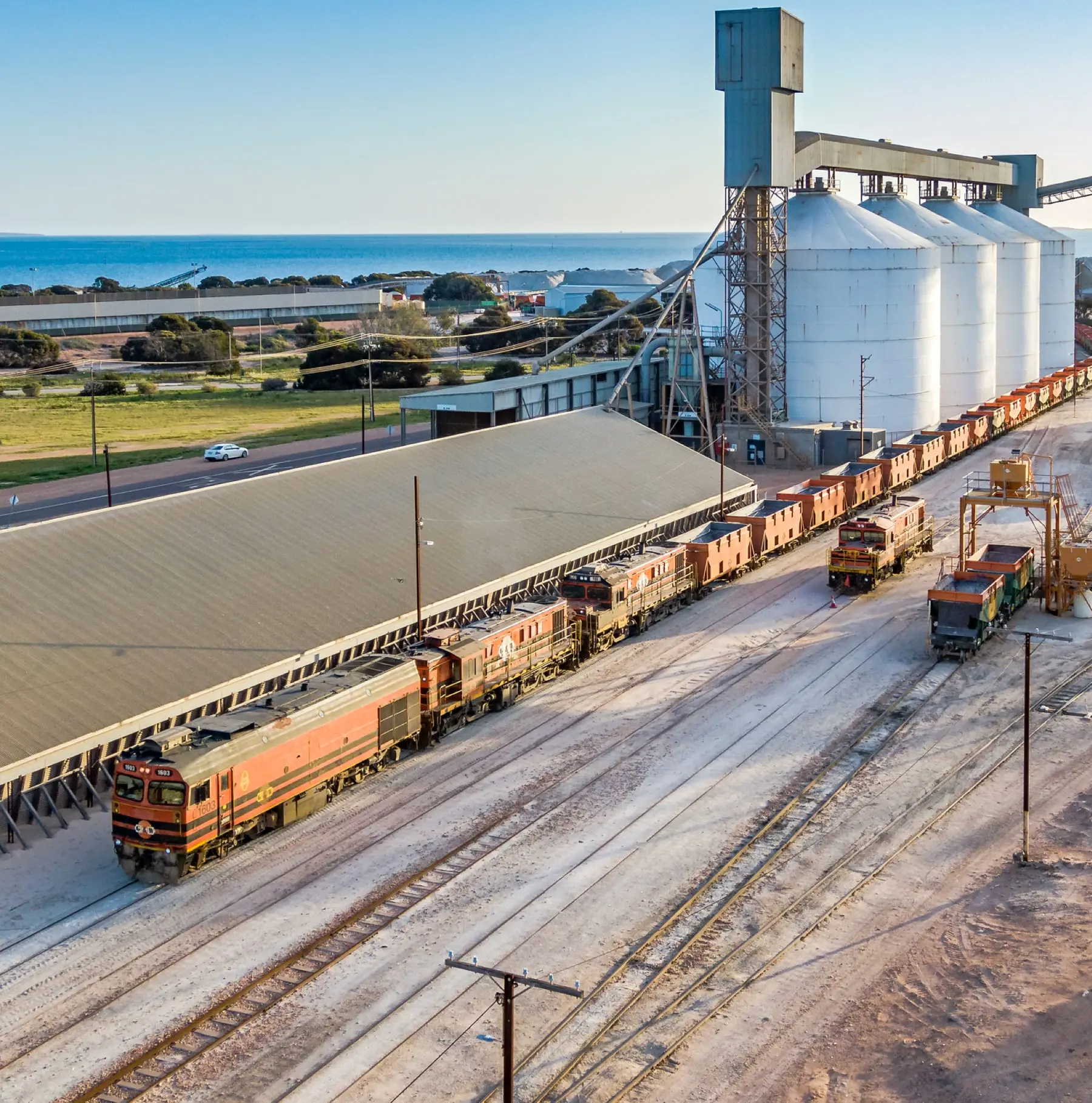In the fast-paced world of rail transportation, efficiency and accuracy are paramount. The shift from traditional paper record-keeping to electronic systems marks a significant leap forward for the industry. This transition not only streamlines operations but also enhances safety, compliance, and overall performance.
Embracing the Digital Shift in Rail Operations
The era of sifting through cumbersome paper files is becoming a relic of the past. Modern electronic record-keeping systems offer a centralized, easily accessible repository for critical data. This digital transformation is a time-saving revolution, drastically minimizing the risk of human error—a factor of utmost importance in an industry where precision is non-negotiable.
Best Practices for Implementing Electronic Record Systems
- Comprehensive Training: Implement comprehensive training programs for staff to ensure seamless adoption of the new electronic systems. Familiarity with the system’s functionalities is crucial for maximizing its benefits.
- Data Migration and Integrity: Ensure accurate and secure data migration from existing paper records to the new digital system. This process should be thorough to maintain data integrity and historical accuracy.
- Regular System Updates and Maintenance: Keep the electronic record system updated with the latest software versions and security patches. Regular maintenance is key to ensuring the system’s reliability and efficiency.
- Customization for Specific Needs: Customize the electronic record-keeping system to fit the unique operational needs of the rail company. This ensures that the system is as relevant and efficient as possible.
Real-Time Access for Informed Decision Making
One of the standout benefits of electronic records is the real-time accessibility of information. Rail professionals are now empowered to make informed decisions swiftly. Whether it’s maintenance schedules, safety protocols, or operational data, everything is readily available at their fingertips. This accessibility fosters a proactive approach to addressing and mitigating operational challenges.
Sustainability and Eco-Friendly Practices
Transitioning to electronic record-keeping is also a testament to the industry’s commitment to environmental sustainability. Reducing reliance on paper not only contributes to a greener planet but also cuts down on storage needs. This shift frees up valuable physical space, allowing for the allocation of resources to more critical areas.
Enhanced Data Security in the Digital Era
Another key aspect of electronic record systems is the heightened level of data security they offer. Rail companies handle sensitive information daily, and the move to digital ensures that these records are safeguarded through robust encryption, stringent access controls, and regular backups, ensuring data integrity and confidentiality.
The Role of trackAsset in Digital Record Keeping
As the rail sector continues to navigate this digital transition, solutions like trackAsset from Railroad Software are becoming increasingly vital. trackAsset stands out as a comprehensive tool for digital record keeping in the rail industry. Its advanced features allow for efficient tracking and management of rail assets, maintenance schedules, and compliance records. By implementing trackAsset, rail companies can further enhance their operational efficiency, data accuracy, and security. The platform’s intuitive interface and robust functionality make it an indispensable asset for rail companies looking to thrive in the digital age.

The shift from paper to electronic record-keeping in the rail industry is a strategic move towards a more efficient, secure, and sustainable future. As rail companies embrace these advanced technologies, they pave the way for safer, more streamlined operations, ultimately benefiting both industry professionals and passengers alike. The introduction of solutions like trackAsset is a game-changer, further propelling the industry towards its digital destiny, supported by best practices that ensure a smooth and effective transition.
